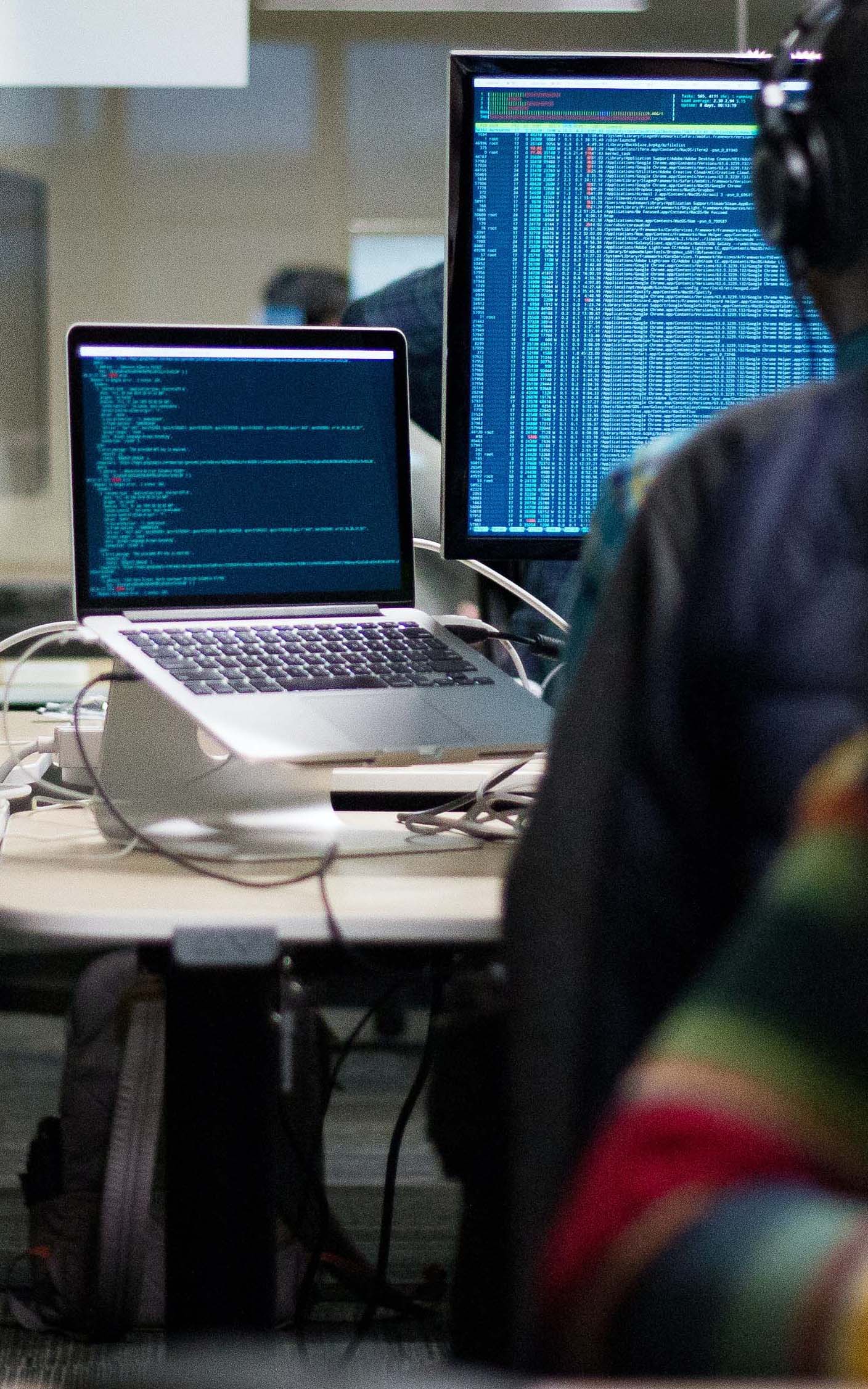Let’s make technology accessible
We aim to ensure everyone is included and can exercise their rights and access the internet, because connectivity to high-speed internet is not a luxury but a right for every city resident. It is an absolute necessity for society and the economy in the 21st century.
We intend to promote a participatory democracy and establish a policy for harnessing the collective intelligence of our city residents. And we wish to build a stronger and fairer digital society by offering technological training for everyone, promoting digital careers starting from childhood and fostering social-innovation movements.





